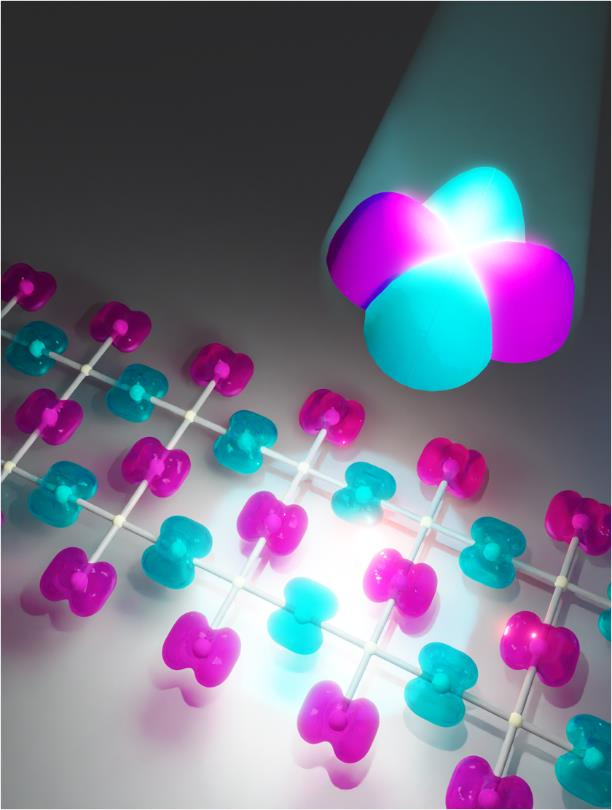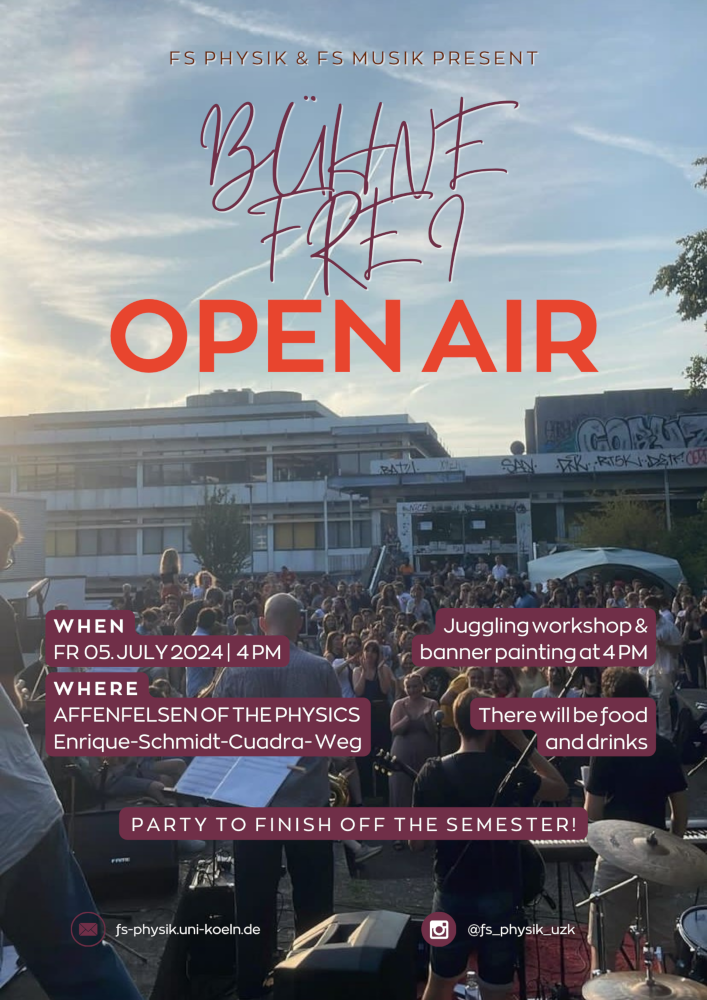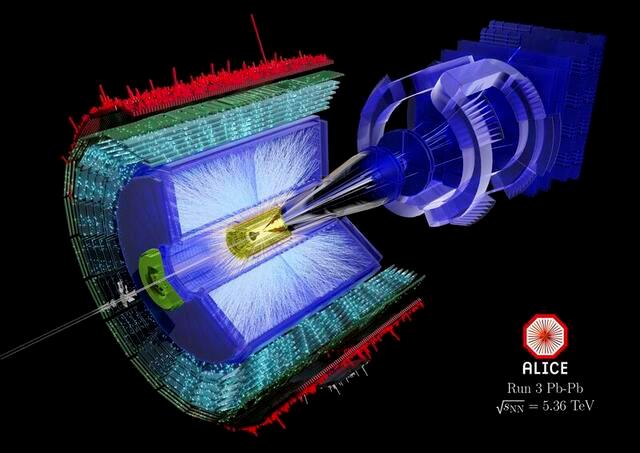Student council shows solidarity with striking Nature workers
 Nature, one of the most prestigious journals, thrives on letting university employees around the world work for it free of charge. As part of the conversion of the publication system to open access, which we very much welcome, there is an attempt to rip off the universities even more.
Nature, one of the most prestigious journals, thrives on letting university employees around the world work for it free of charge. As part of the conversion of the publication system to open access, which we very much welcome, there is an attempt to rip off the universities even more.
At the same time, Nature does not consider it necessary to pay its own employees appropriately. After months of negotiations, they are now on strike. We show solidarity with the colleagues at Nature:
„We, as a physics student council, stand in solidarity with the workers! It can only be in anyone’s interest that publicly funded research is openly accessible. Due to an overly competitive scientific system, many people rely on publishing in prestigious journals, such as Nature, to pursue their careers or apply for grants. In this position of power, nature openly abuses by charging enormously high amounts of money for publishing open access. Many institutions struggle to afford it or are even ruled out directly. Nevertheless, these large profit margins are by no means represented in the workers‘ salaries! We fully support the demands of the strike.“


